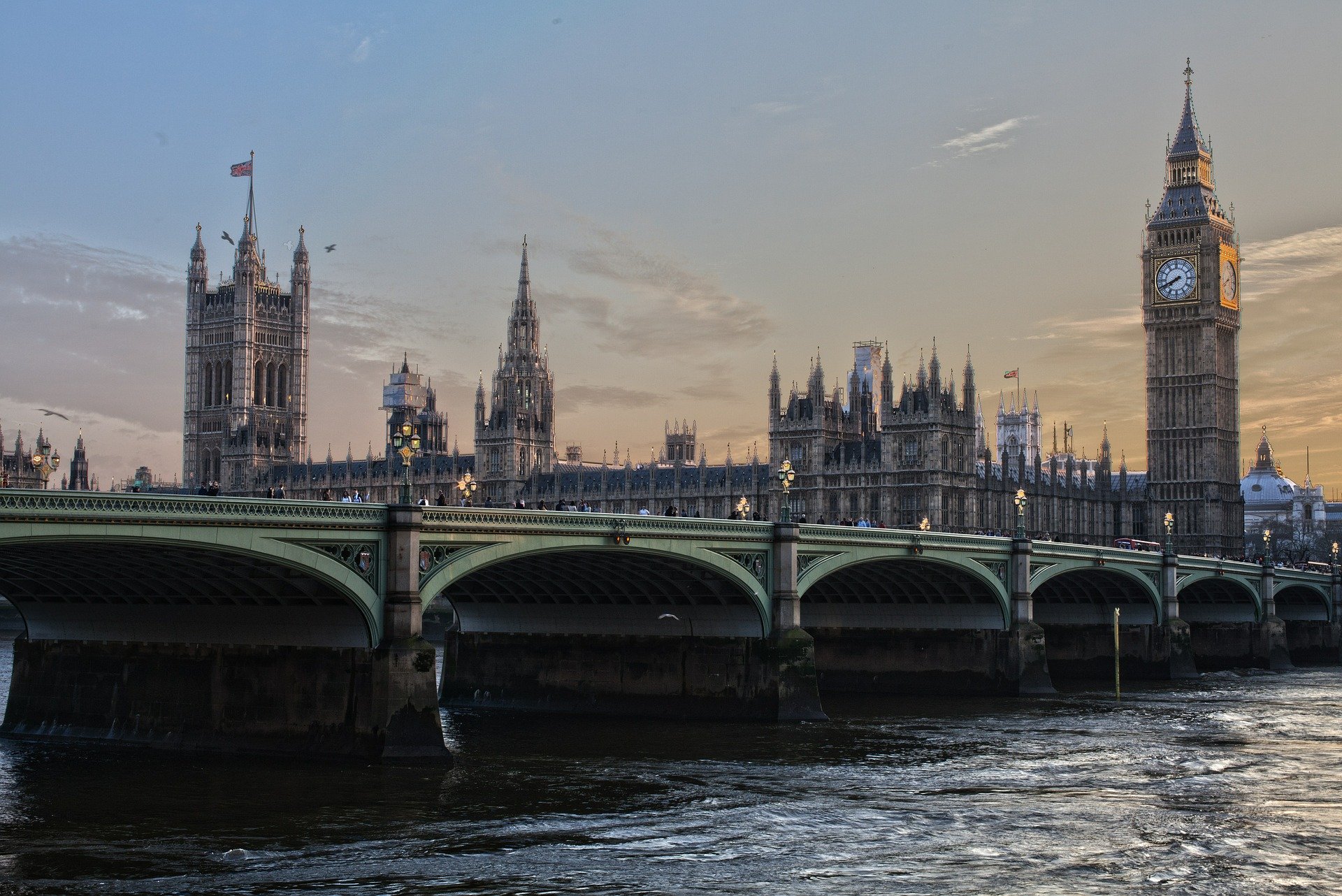
By Professor John Bryson
Department of Strategy and International Business, University of Birmingham
Who would want to be Boris Johnson, Chris Whitty or Sir Patrick Vallance? Who would want to take responsibility for the decisions that must be taken during these unprecedented times? These decisions must be taken rapidly and with partial information. It is very easy to criticise, but much harder to make life and death decisions and these decisions must be taken now.
This UK government has an interesting and unusual approach to governance. It is unusual as there is no ambivalence. The message is extremely clear regarding Covid-19:
“whatever it takes”
This strategy was also part of Boris Johnson’s last election strategy that hinged around the mantra of “get Brexit done”, and even the March 2020 budget: “we’re getting it done”. In the March 2020 budget statement, Rishi Sunak, the Chancellor of the Exchequer, proclaimed “what everyone needs to know is that we are doing everything we can to keep this country, and our people, healthy and financially secure”.
“Whatever it takes” is a very significant statement. Many have criticised this government for inactivity and communication problems. According to Simon Jenkins, The Guardian columnist, the UK government is sending mixed messages. This is an unfair criticism. Where is the uncertainty in the statement “whatever it takes”? This government’s approach is unusual for three reasons: clarity, continuity of message and the size of the promise. The promise is big, but the challenge that this country is facing is unprecedented.
Thus, good news is never news. Journalists must always highlight the negatives rather than the positives. How many times do journalists, political commentators or academics highlight the positive aspects of political policy or of any policy? Rarely.
At this time of national crisis, extremely difficult decisions must be made, and these are not taken lightly. These decisions will have been the subject of much discussion as decision-makers have sought to balance a variety of extremely complex and interdependent factors. The outcome is to try to minimise death as well as to safeguard the NHS and economic activity. We must remember that these decisions are being made with partial knowledge as no one has access to complete information.
During this time, it is essential that the tone and emphasis of critical debate on government policy shifts towards constructive and creative commentary. Always remember, all of us are being impacted by Covid-19.
The key challenge is to support the UK government as it makes extremely difficult decisions that represent trade-offs between death and other outcomes. There are no mixed messages here – the mantra is clear… “whatever it takes”.
